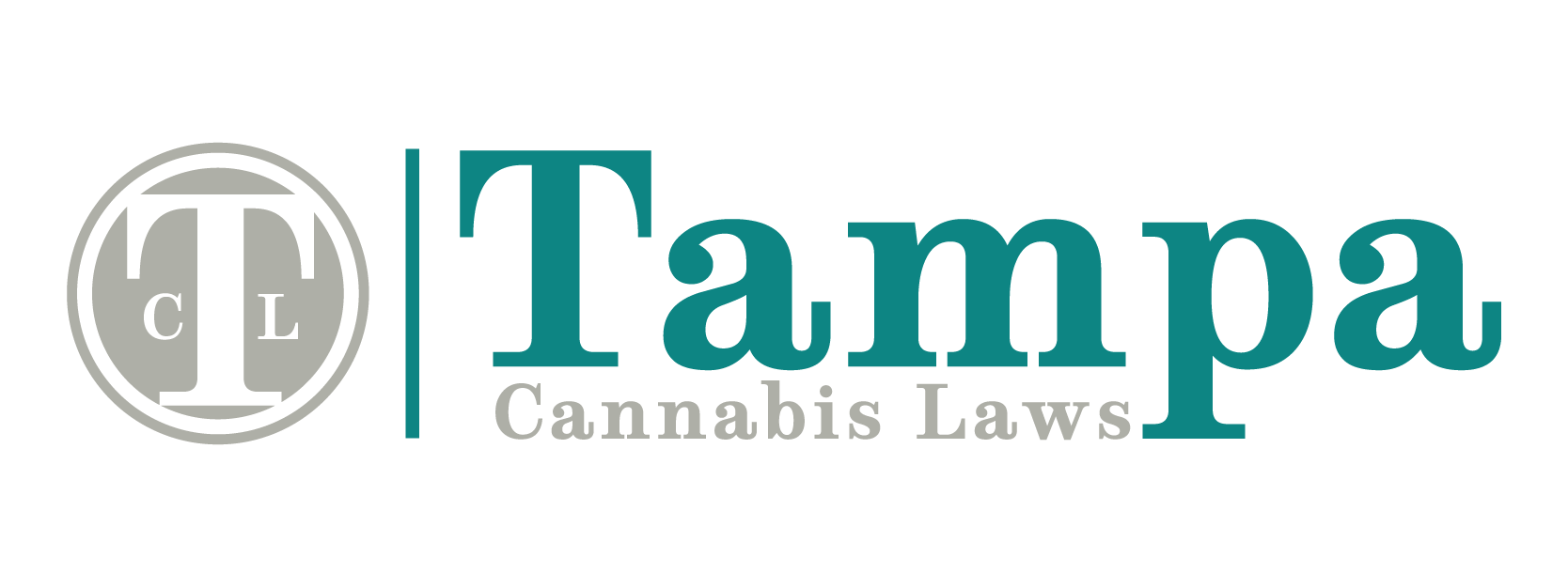As societal attitudes toward cannabis shift, major professional sports leagues in the United States are reevaluating their policies regarding athletes’ use of the substance. This article explores recent developments across various leagues, highlighting changes up to December 2024.
National Football League (NFL)
In August 2024, the NFL announced significant modifications to its cannabis policy. The league increased the threshold for a positive THC test and adjusted disciplinary measures related to missed tests. These changes reflect a growing recognition of cannabis’s role in athletes’ lives for both recreational and medicinal purposes.
National Basketball Association (NBA)
The NBA has progressively relaxed its stance on cannabis. Starting informally in 2020, the league suspended random marijuana testing, a policy that continued through subsequent seasons. In April 2023, the NBA and the National Basketball Players Association reached a collective bargaining agreement removing cannabis from the list of banned substances. This agreement also permits players to invest in and promote CBD companies, signaling a significant shift in the league’s approach.
Major League Baseball (MLB)
MLB has taken progressive steps regarding cannabis. In 2019, the league removed THC and CBD from its list of drugs of abuse. By June 2022, MLB allowed teams to accept sponsorships from CBD companies, provided the products were certified to not contain psychoactive levels of THC. In October 2022, MLB partnered with Charlotte’s Web, making it the “Official CBD of Major League Baseball,” further integrating cannabis products into the sport.
National Hockey League (NHL)
The NHL does not include cannabis on its list of banned substances. Players are tested for drugs, including cannabis, but positive tests do not result in suspensions. Instead, players who test positive for high levels of THC are referred to the league’s Substance Abuse and Behavioral Health Program for assessment, reflecting a more health-oriented approach.
Ultimate Fighting Championship (UFC)
The UFC, in partnership with the United States Anti-Doping Agency (USADA), has revised its cannabis policies. As of 2021, the UFC no longer punishes athletes who test positive for THC, unless evidence suggests the athlete used it intentionally for performance enhancement. This change acknowledges the evolving perspectives on cannabis use among athletes.
World Anti-Doping Agency (WADA)
WADA, which sets the standards for anti-doping policies in Olympic sports, raised the THC threshold for a positive test from 15 ng/mL to 150 ng/mL in 2013. This adjustment aims to distinguish between in-competition use and out-of-competition use. Despite ongoing debates, WADA announced in September 2022 that cannabis would remain on the list of prohibited substances, stating that its use is “against the spirit of sport.”
Progressively Adapting
The landscape of cannabis policies in professional sports is undergoing significant transformation. Leagues like the NFL, NBA, MLB, NHL, and organizations such as the UFC are progressively adapting their regulations to align with changing societal norms and emerging research on cannabis’s medicinal benefits. These developments reflect a broader cultural shift towards the acceptance of cannabis, emphasizing health and wellness over punitive measures.



